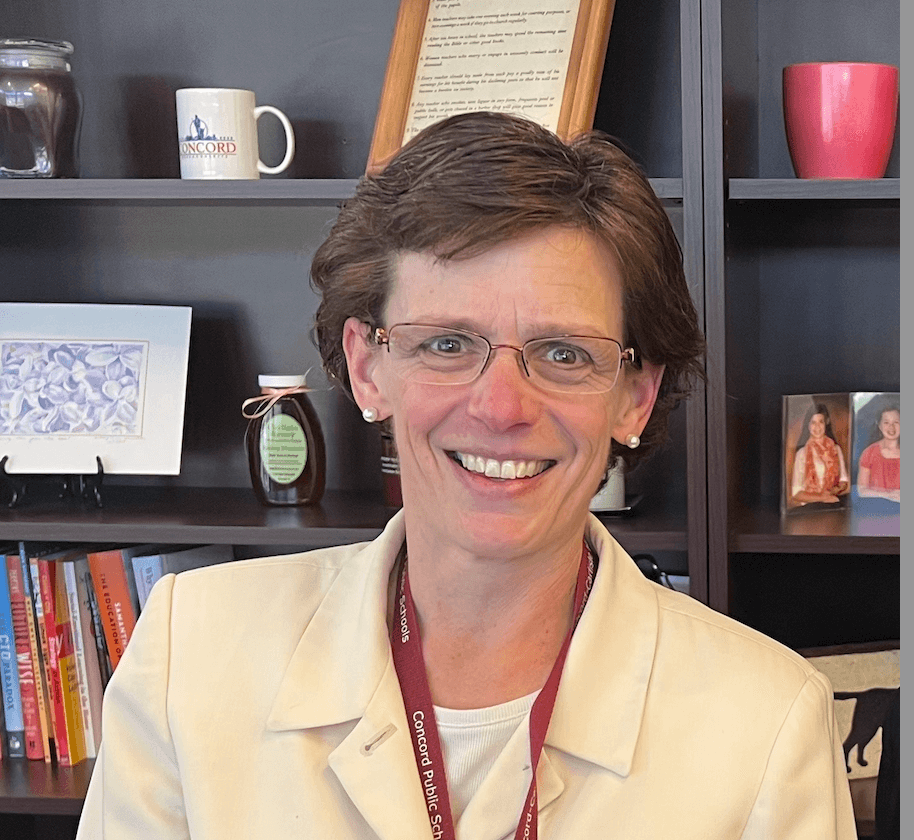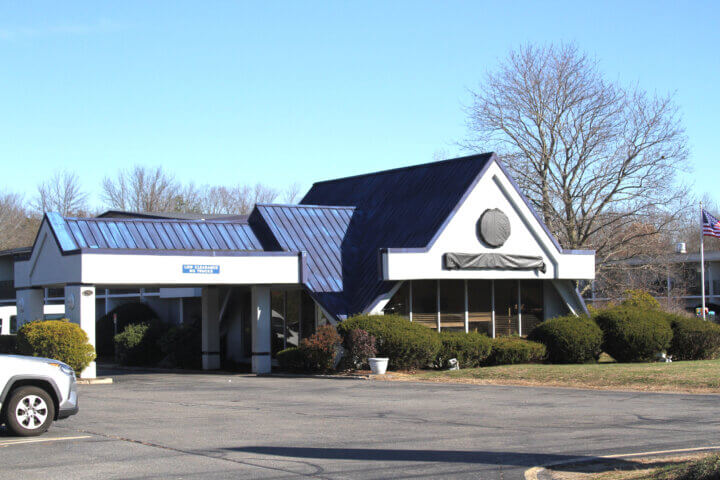School administrators have unveiled their operating budgets for the 2025 fiscal year for both Concord Public Schools and Concord-Carlisle Regional School District, and both are up just over 3%.
Superintendent Laurie Hunter said administrators are “extremely pleased” to have developed “fiscally responsible” proposals to present to the town in April.
The CPS budget weighs in at $46,515,714. This represents a 3.26% increase over the current fiscal year’s budget and aligns tidily with the Finance Committee’s guideline for both districts of 3.26%.
The CCRSD operating budget represents a 3.08% increase from the previous year at $38,974,907. While this percentage technically falls below the Finance Committee’s guideline, Concord’s share of this cost will likely exceed 3.26%, as enrollment numbers in town outweigh those in Carlisle, Hunter explained during a recent School Committee meeting.
“Other similar districts in the area are seeking increases of up to five or six percent due to inflation and the current economic conditions,” Hunter said in an email.
School Committee Chair Alexa Anderson also noted steep increases in nearby towns during a recent committee meeting.
“We’ve reached out to chairs from other districts just to see how their budgets are looking this year. Bedford’s looking for 6% … Belmont’s looking for 7.78%. It’s very interesting to just see what’s happening in other towns,” she said.
Anderson added that school leaders are bringing a different kind of request to Concord voters this year compared to last year.
“There are some cuts in this budget,” she said. “They’re obviously cuts that the superintendent feels comfortable with, but our delta was nearly half a million dollars last year. The superintendent has sought to really make a dent in levels of spending that the finance committee is comfortable with.”
Last year’s CPS budget exceeded the Finance Committee’s 3.3% recommended increase but passed with overwhelming support at Town Meeting.
The proposed 2025 budgets have undergone several iterations as administrators have found opportunities to save in recent months: An amendment to reduce one full-time math teacher and add one quarter-time special education instructor produced $110,394 in savings at the high school, for example, while a $60,000 middle school math program grant awarded in January helped close the gap to guideline at CPS.
Costs continue to rise, however.
Hunter called teaching and instructional support “one of the largest budget drivers for both districts,” explaining that these costs have risen by 4.3% at CPS and 2% at CCRSD over the previous year. “The increases in teaching and instruction support are based on salary increases which are dictated by the negotiated contracts with the unions,” she said.
“The largest budget risk for each district remains homeless-related expenses that were not accounted for in the budget recommendation,” Hunter added.
While state and federal grants are expected to cover most of these costs, delays in reimbursement have had the potential to create what Hunter calls a “cash flow problem” since the town’s emergency shelter opened its doors last spring.
Luckily, the state recently piloted a program to expedite that reimbursement, Hunter said: “The situation is more manageable and not adversely impacting the [excess and deficiency funds] of either district.”
Grants, however, won’t address the shelter’s impact on the town’s preschool, where new students living at the shelter require additional resources. Next year’s preschool budget requests four additional employees to support those growing needs, Hunter said during a December 14 meeting with the Finance Committee. Hunter said four new preschoolers had enrolled from the shelter, with six awaiting referrals at the time of that meeting.
Ultimately, it’s up to voters to approve the CPS and CCRSD operating budgets. Concord’s Town Meeting is scheduled to begin on April 29.






